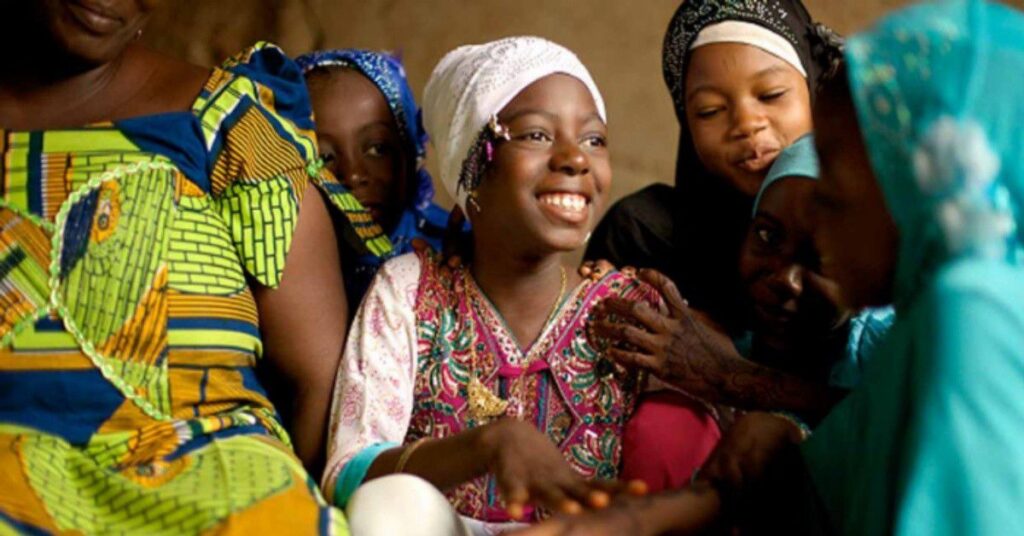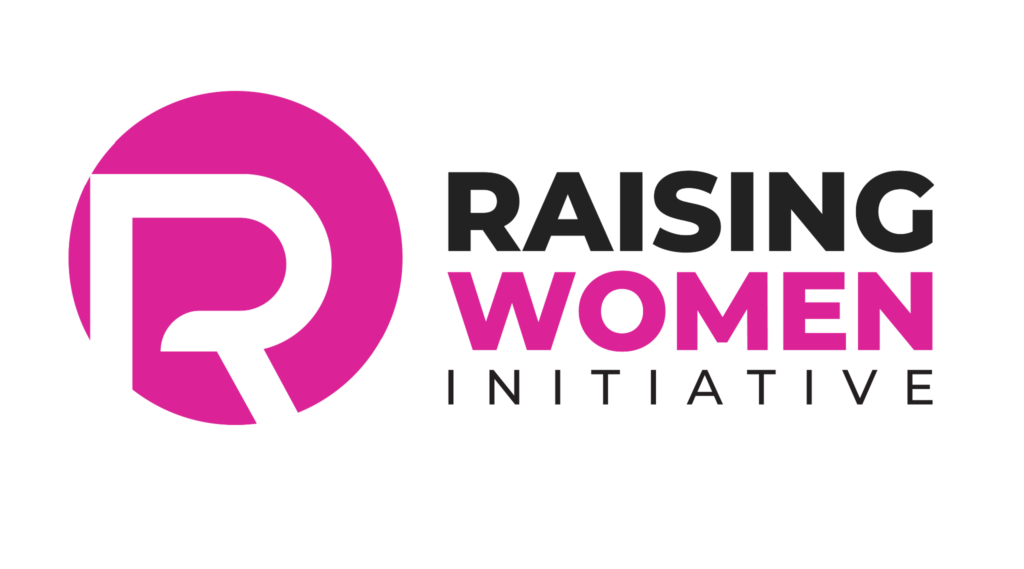
By Dr. May Ikeora
Sierra Leone’s recent legislative stride, the Prohibition of Child Marriage Bill 2024, marks a significant milestone in the global fight against child marriage. This new law, approved by Sierra Leone’s parliament on June 21, 2024, unequivocally bans the marriage of individuals under the age of 18. The bill notonly sets the legal age of marriage but also imposes stringent penalties, including jail terms of up to 15 years for offenders.
The Grave Issue at Hand
In Sierra Leone, child marriage has been a persistent issue, deeply rooted in poverty and traditional customs. According to UNICEF, one-third of all girls in Sierra Leone are married before their 18th birthday, with many of these unions occurring before the girls reach 15. These early marriages derail young girls’ education, expose them to severe health risks, and perpetuate cycles of poverty.
A Harmonized Law for Change
The Prohibition of Child Marriage Bill 2024 seeks to rectify contradictions in the nation’s law. Previously, the Child Rights Act 2007 set the minimum marriage age at 18, yet the Customary Marriage and Divorce Act 2009 allowed marriages under 18 with parental consent. This new bill harmonizes the legal framework, ensuring that all girls are protected under the same standard, promoting their rights to education and overall wellbeing.
Implications for Girls and Society
The significance of this law extends beyond the legal texts. It represents a transformative shift towards gender equality and child protection. By criminalizing child marriage, Sierra Leone is not only safeguarding girls’ childhoods but also enhancing their future educational and economic opportunities. This legislative action is a critical step in preventing lifelong harm to girls’ physical and mental health and fostering a society where they can thrive.
A Call to Action for Other Nations
Sierra Leone’s bold move is a clarion call to other countries grappling with similar issues. To replicate this success, nations must invest in gendertransformative services, educational opportunities, and legal frameworks that uphold children’s rights. It is crucial for governments to work in tandem with civil society to shift societal norms that devalue girls and to ensure comprehensive support for those affected by child marriage.
Raising Women Initiative’s 2024 Agenda
This development ties directly to the Raising Women Initiative’s (RWI) 2024
Agenda “Girls to Women: Invest, Include, and Inspire.” By fighting against child marriage, Sierra Leone is laying the groundwork for girls to transition into empowered women who are integral to their communities and the broadereconomy. RWI’s agenda emphasizes investment in girls’ education, inclusion in social and political spheres, and inspiring them to fulfill their potential—goals that are now increasingly achievable in Sierra Leone.
In conclusion, while the law is a monumental step, it is the beginning of a broader movement. Ensuring its effective implementation will require continuous effort and commitment from all societal sectors. For countries looking to follow in Sierra Leone’s footsteps, it is essential to understand that legal reforms must be part of a holistic approach that includes educational initiatives, healthcare access, and societal change




